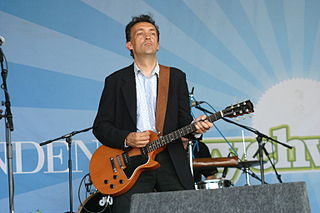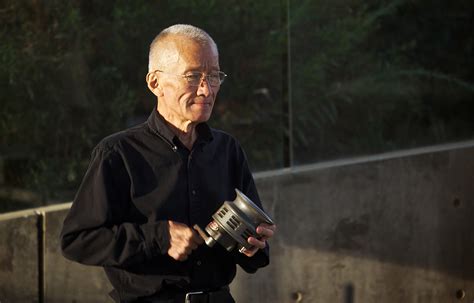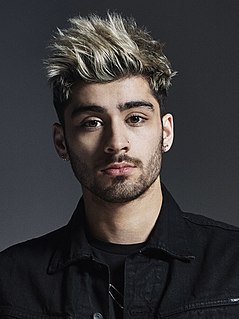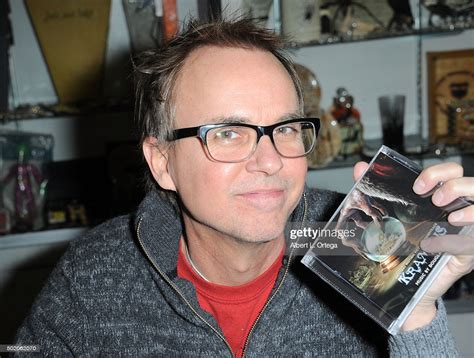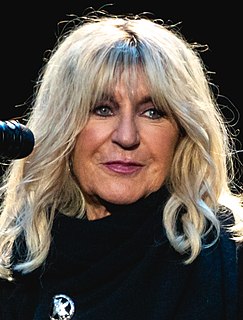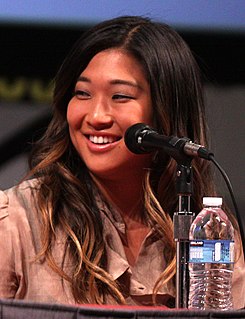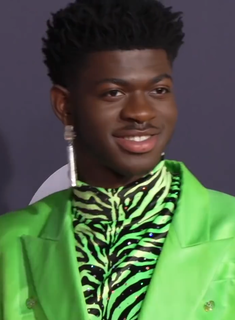A Quote by Justin Adams
In a lot of African instruments, you find a rattle, and sound engineers have a hard time making sense of it.
Related Quotes
At that time, 73 and 74, I became aware that there were a number of us making instruments. Max Eastley was a good friend and he was making instruments, Paul Burwell and I were making instruments, Evan Parker was making instruments, and we knew Hugh Davies, who was a real pioneer of these amplified instruments.
Initially, when I was making the bagpipes and reed instruments, it was different from the other instruments. In terms of sound itself, it may not be different, but in performing with it, it was a necessity to build it if I was going to perform and make scores with it. By making the instruments, it helped me compose the way I want.
We needed to make a sound that's not gonna fit in with everything else - we wanted to make something that was completely unique and individual to us. We spent a lot of time trying to make a sound that was a One Direction sound. At first it was quite hard to do that, but I'm really happy with the sound.
In history, in most cultures, and at most points in time, if you want to find the most advanced technologies, you can look principally in two places. One is weapons and the other is musical instruments. My hypothesis is that instruments are usually ahead of weapons. In fact, I think you can find many examples of instruments being predecessors of weapons and very few in the reverse.
I brought the music out to L.A., and the producer Tommy LaPuma heard it and he said - "Man, I love it. Let's do it. Let's record it." I said, "Okay, where's the band?" He said, "We don't have a band. We want it to sound exactly like your demo." I said, "Well, I played all the instruments on the demo." You do that when you're making demos. You got your guitar, you got your sax. He said, "Well, I want it to sound just like that, so get all your instruments out here." So I ended up playing all the instruments.
If people are highly successful in their professions they lose their sense. Sight goes. They have no time to look at pictures. Sound goes. They have no time to listen to music. Speech goes. They have no time for conversation. Humanity goes. Money making becomes so important that they must work by night as well as by day. Health goes. And so competitive do they become that they will not share their work with others though they have more themselves. What then remains of a human being who has lost sight, sound, and sense of proportion? Only a cripple in a cave.
I use all types of instruments, really depending on the film. Instrument choices are very much tied to lighting, colors, art direction, as well as the narrative elements. I have a great collection of vintage synths, and of course I do like to write for acoustic instruments. I find the depth and intricacy of sound and emotion you can get with acoustic ensembles extremely versatile and effective in the overall sound environment. Also, the human aspect of performance is such an important part of the music score to character connection.
Film and TV is a very hard profession to enter into if you don't have the ability to take a long period of time without making money so you can write, direct or raise financing, or work your way up, often with unpaid internships. It's hard to get into without a lot of connections. You end up with a lot of white people from privilege making films. So we're seeing a lot of the same kinds of stories.
